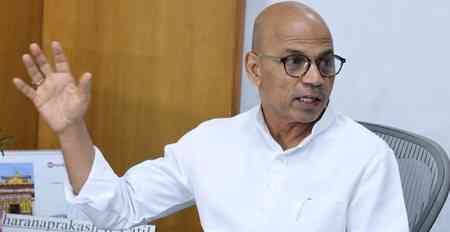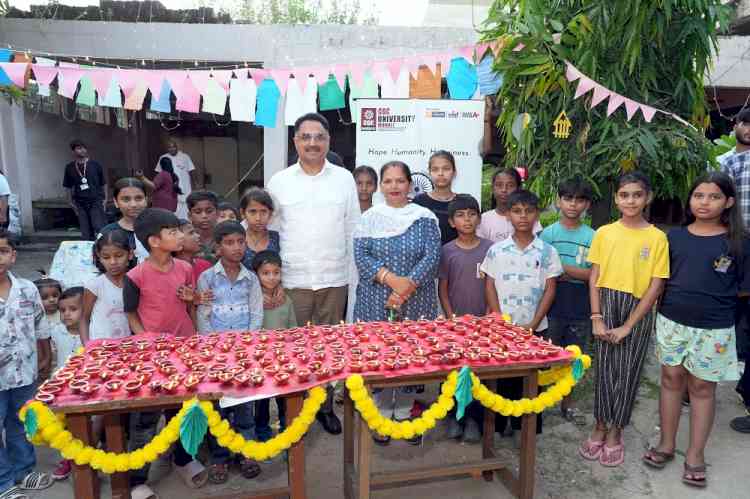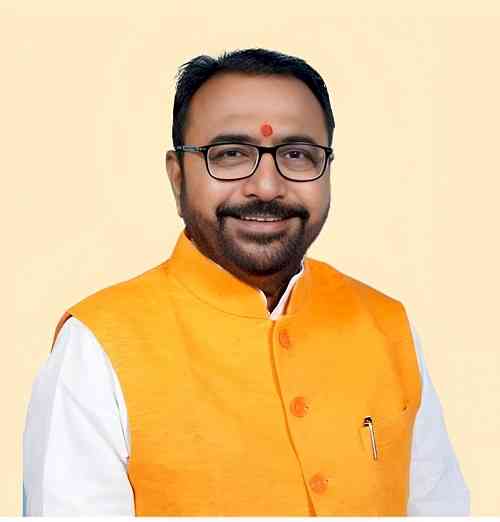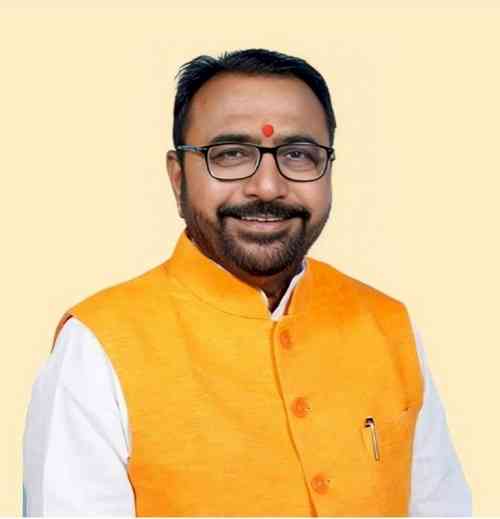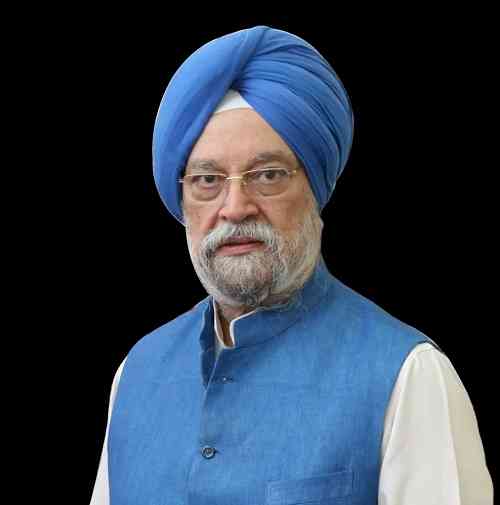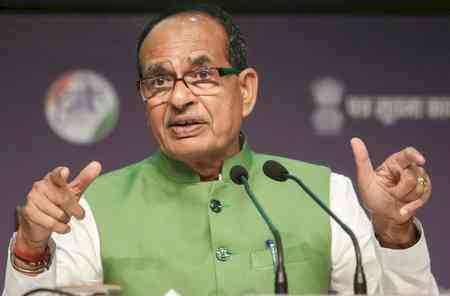National workshop on “Integrated Analysis of Multi-omics Data”
National workshop on “Integrated Analysis of Multi-omics Data” kick started today, at the Department of Biotechnology, Panjab University, Chandigarh.
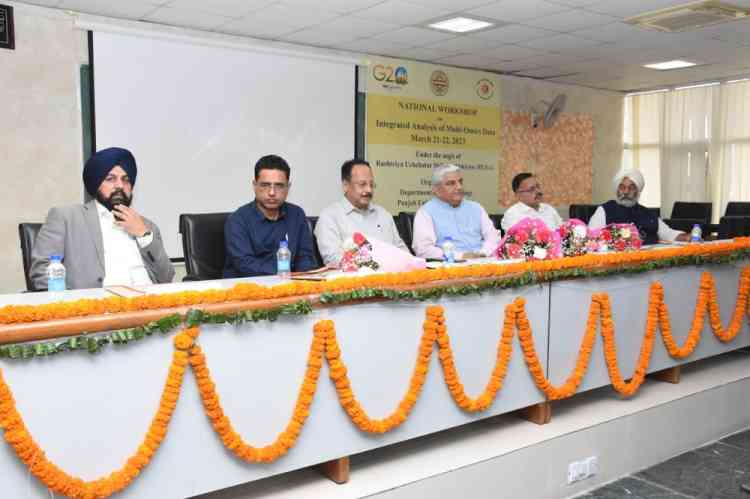
Chandigarh, March 21, 2023: National workshop on “Integrated Analysis of Multi-omics Data” kick started today, at the Department of Biotechnology, Panjab University, Chandigarh. Around 30 delegates from different parts of the country attended the event. Professor Kashmir Singh, Organizing Secretary for the workshop, Coordinator CPR and DPIIT-IPR Chair of the Department welcomed the distinguish guests, speakers and participants and introduced the theme of workshop. The workshop was inaugurated by Patron, Professor Harsh Nayyar, Director, Research & Development Cell, Panjab University; Chief Guest, Prof. Adarsh Pal Vig, Chairman, Punjab Pollution Control Board; Prof. Rajeev Puri, RUSA Co-ordinator; Guest of Honour, Dr. Sanjeev Sharma PCS and Prof. Ehesan Ali, Keynote Speaker for the workshop.
Prof. Harsh Nayyar, Director, Research & Development Cell and Prof. Rajeev Puri, RUSA Co-ordinator, Panjab University collectively talked about the importance of implementing scientific technologies for the betterment of society in general. He focused on the concept of ‘lab-to-land’. He emphasized on the use of research endeavours in such a way that these translational research techniques can benefit mankind at a local level.
Prof. Adarsh Pal Vig, Chairman, Punjab Pollution Control Board, talked about implementing science in society and contributing to the host/parent institution. Also, he talked about grabbing opportunities and expanding the area of expertise.
Prof. Ehesan Ali, INST, Mohali, demonstrated his work on “Allosteric control of biochemical activities in CBS enzyme: A computational perspective”. He talked about long range interactions between N-terminal heme domain and catalytic domain of CBS enzyme. He also talked about how the mutation from Arginine to Lysine at 266th position in CBS enzyme overall affects its enzymatic activity in the condensation reaction.
Dr. Rupesh Deshmukh, presented his work on “An exploration of integrated omics resources led to the discovery of a rare allele of a silicon transporter in soybean”, where he demonstrated that influx and efflux silicon transporters are members of aquaporin membrane transport proteins. He talked about his genome wide exploration of silicon transporters in 1000 different plant species. With the help of gene silencing/activation, GWAS and Genome Editing tools, he showed the involvement of GmNIP2-2 and Efflux Silicon transporters in the transportation of silicon from roots to leaves.
Dr. Vishal Acharya, presented his work on “Deep learning architecture for exploring network properties of host-pathogen interaction”. He talked about how Artificial Intelligence, deep learning and machine learning can help in studying and exploring abiotic and biotic stresses in plant and human datasets. His talk focused on Magnaporthe oryzae and Xanthomonas oryzae infection in rice, using machine and deep learning for protein-protein interactions.
The Organizing Secretary of the workshop, Professor Kashmir Singh, informed that it was a brainstorming experience for the participants, and will help them in their future research.


 City Air News
City Air News 
